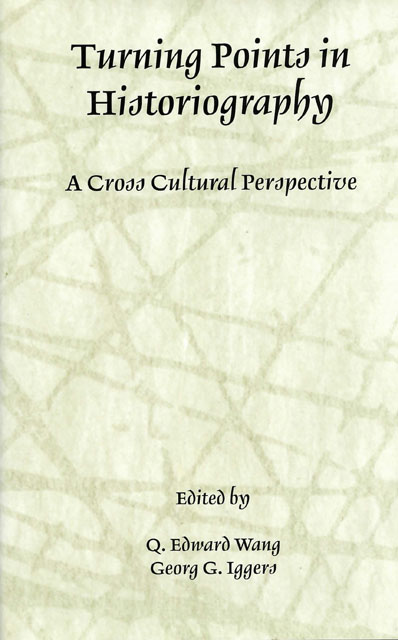Book contents
13 - A Critique of the Postmodern Turn in Western Historiography
Published online by Cambridge University Press: 29 February 2024
Summary
This conference is about turning points, and postmodernism certainly represents a turning point for historiography. However, rather than postmodernism leading somewhere fruitful, this essay will argue that it is a movement that turns the writing of history into a blind alley and leads it up to a dead end.
Perhaps the most dramatic indicator of the state of the discipline of history in English-speaking countries today is that young people are abandoning it in droves. This was a tendency that, admittedly, was underway in the United States and elsewhere long before the 1990s, but as this decade has progressed, the reversal has become a rout. In America, the proportion of high school students studying history had declined from two-thirds in the 1960s to less than twenty per cent by the 1990s. At university level, the annual number of graduates in history from American colleges peaked in 1970 at 45,000 but had declined to less than 20,000 two decades later. The number of Ph.D.s awarded in history in the United States also fell by more than fifty per cent at the same time. This all occurred, moreover, during a period of great increase in overall college enrollments and degrees awarded. This absolute and relative decline in the number of history students has fed through to employment opportunities in the discipline and produced a similar result. By 1995, the American Historical Association recorded that the proportion of history doctoral graduates employed by universities had fallen to the lowest level on record. Commenting on these statistics, one of the most distinguished American historians of the twentieth century, C. Vann Woodward, observed in 1998 that, although there were several factors at work, including a shift in undergraduate preferences towards more vocational courses, postmodernist theorists deserved a significant share of the blame:
I am of course aware that radicals in cultural studies and their postmodern precursors are by no means the only causes for the decline that history and some of the other humanities have suffered in the academy in the last few years…. But [it] is my conviction that unless we of the academy, here and abroad, muster the courage and find effective means to counter these forces, we face a shabby end to the discipline we have served and to any system of education we can respect.
- Type
- Chapter
- Information
- Turning Points in HistoriographyA Cross-Cultural Perspective, pp. 271 - 286Publisher: Boydell & BrewerPrint publication year: 2001

